

Unnat Bharat Abhiyan facilitates Sustainable Rural Development through Higher Education Institutions by involving cross learning interaction of faculties and students of HEIs with Village Community so as to practically understand societal issues and address real-life challenges in village is realized. Subject Expert Groups (SEGs) are an integral part of Unnat Bharat Abhiyan scheme and are aligned with the ethos of UBA particularly in knowledge sharing and convergence to achieve the objectives of the Scheme.
Background of Development of SEGs: The Unnat Bharat Abhiyan scheme was launched in 2014, and SEGs were created in 2018 by designating particular institutions to coordinate the activity of SEG formation and bringing in experts from academia, industry, and field organisations who have had long experience with applied R&D and successful field intervention in these areas. Since then, various discussions have been taken place on SEGs working methodology and suggestions invited from stakeholders for betterment of SEG are incorporated from time to time. Currently, 14 SEGs are active in different subject areas and the institutions/faculty entrusted to take up these SEGs are experts in the respective SEG domains (List of SEGs is given below).


Dr. Koumudi Patil
Indian Institute of Technology, Kanpur
9935190698
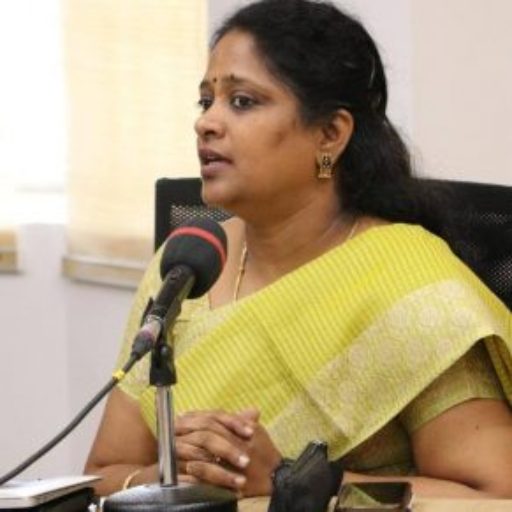
Prof. Indumathi Nambi
Indian Institute of Technology, Madras
04422574289
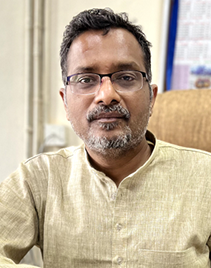
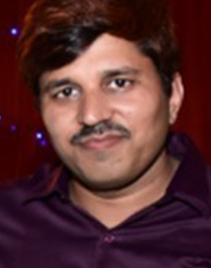
Prof. Manoj Kumar Tiwari
Indian Institute of Technology, Kharagpur
03222282874, 9002491978
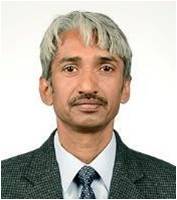
Dr. R.N. Padaria
Indian Agricultural Research Institute, New Delhi.
9968966766
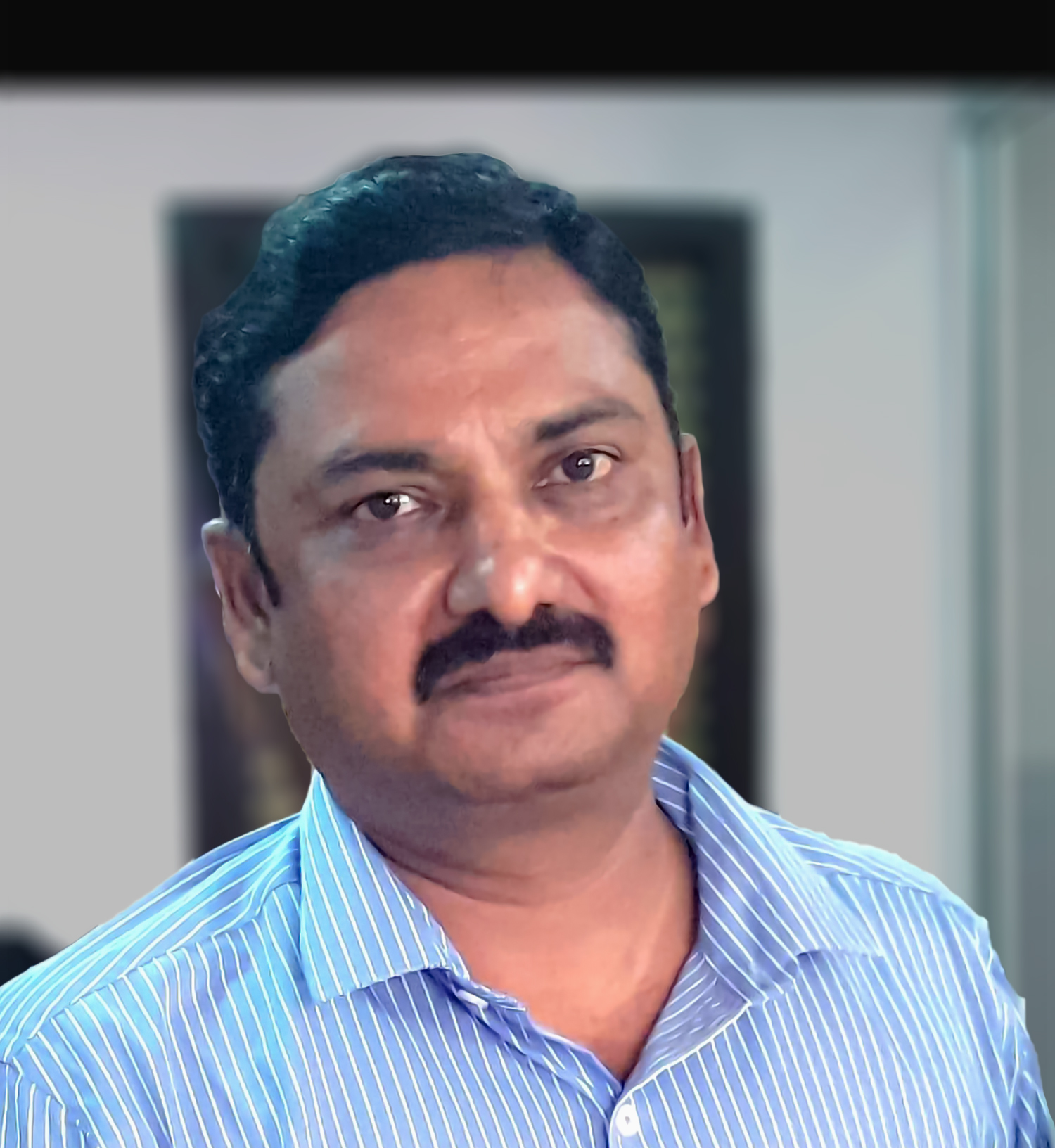
Dr. R. Ramesh
National Institute of Rural Development and Panchayati Raj, Hyderabad
8465888003

Dr. Diksha Rajput
011-23604141
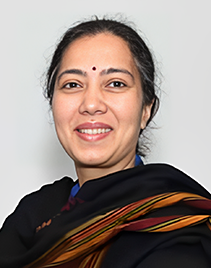
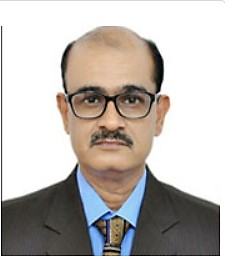
Prof. Pramod Kumar
University of Delhi
drpramod_chem@aurobindo.du.ac.in
9911117714
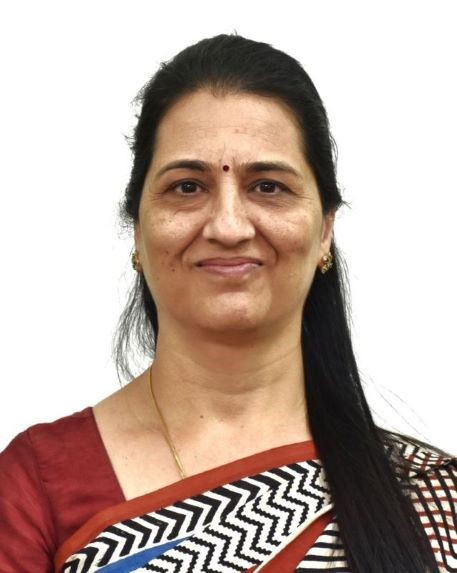
Prof. Namita Mittal
Malaviya National Institute of Technology, Jaipur
0141-2713324
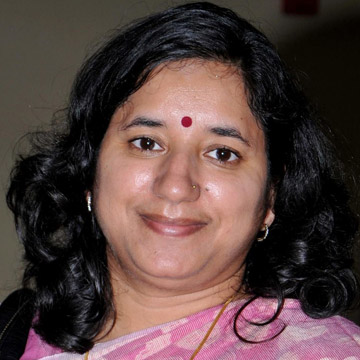
Prof. Seema Sharma
Indian Institute of Technology, Delhi
9443567827, 011-26596352
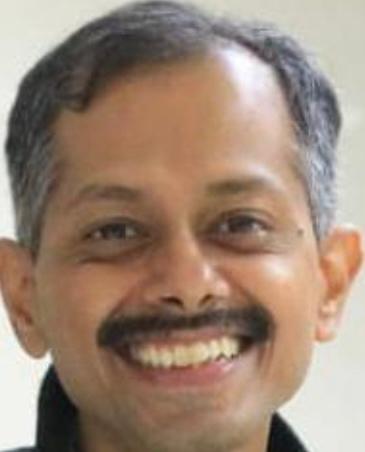
Prof. Anand B. Rao
Indian Institute of Technology, Bombay
8080020003
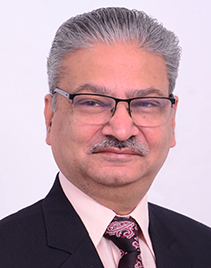
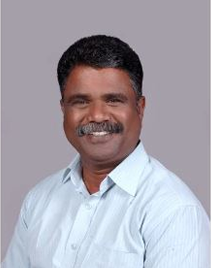
Each SEG is headed by a group coordinator associated with a coordinating institute responsible for managing the group activities. Further, each SEG constitutes expert members who are selected from different regions of the country so that geography-relevant needs are accounted while implementing a project. Experts in every SEG to provide technical guidance, knowledge sharing and evaluation process of technology interventions under UBA SEGs from PAN India Network.
Working Methodology and Importance of SEGs as per UBA mandates: SEGs were envisaged as the think tank under the scheme and were developed to provide the necessary mentorship to networking Institutions i.e. Participating Institutes under UBA in terms of capacity building, providing technical expertise in defined area, reorientation and help in implementing technical solutions (to problems identified by PIs during village Adhyayan) in fields etc. Knowledge support by SEGs is focused at providing solutions to the identified problems e.g. through identification of existing innovative technologies, enabling customization of technologies, or devising implementation methods for innovative solutions, as per the local needs; and convergence with various government programmes and schemes for efficient addressal of rural problems at large. It is worth mentioning here that all the SEGs are in synergy with Ethos of UBA, Panchayati Raj Subjects and Sustainable Development goals. The SEGs are entrusted for providing required expertise sought by the institutions engaged in the rural areas & will have regular interaction with the National Coordinating Institute and Participating Institutes.


Subject Expert Groups: Functions
The roles and responsibilities of SEGs are given below:

Mechanism of submission of project under UBA-SEGs
Participating Institutes identify the problem by involving their students through participatory approach and finding out solutions for the same after qualitative engagement with the rural people, local bodies, district authorities and obtaining a clear insight into the problems and requirements of the villages associated with them. Then the proposed solutions are uploaded on the Unnat Bharat Abhiyan’s SEG portal giving a clear statement of the problem, proposed solution, with proof of requirement and willingness to fund the solution by the District Authorities/Central and State Government/Corporates/Philanthropies, cost of the solutions etc., which are then verified by the concerned SEGs involving subject matter experts. After thorough evaluation/ discussion of the proposed solutions by the SEGs, financial assistance is recommended by concerned SEG (₹1,00,000 for technology development solutions and up to ₹50,000 for technology customization of any existing solution). This amount is only towards meeting a portion of the gap in fund availability and is provided by Unnat Bharat Abhiyan, National Coordinating Institute IIT Delhi to Participating Institutes (PIs).
Note: Long term research projects/fellowships of any kind, cost on Ph.D. programmes, setting up laboratories/centres, exhibitions and similar events, workshops and capital/construction are not available through Unnat Bharat Abhiyan program, as the mandate of UBA SEG is to provide the financial support for technical interventions in the fields not for Research & Development (R&D).
Standard Operating Protocoal Adopted for SEG Proposal Review and Sanction